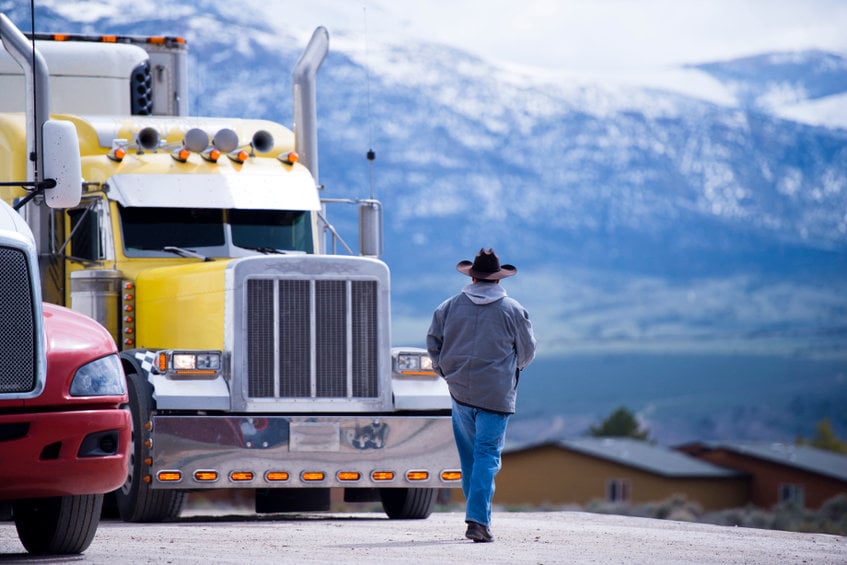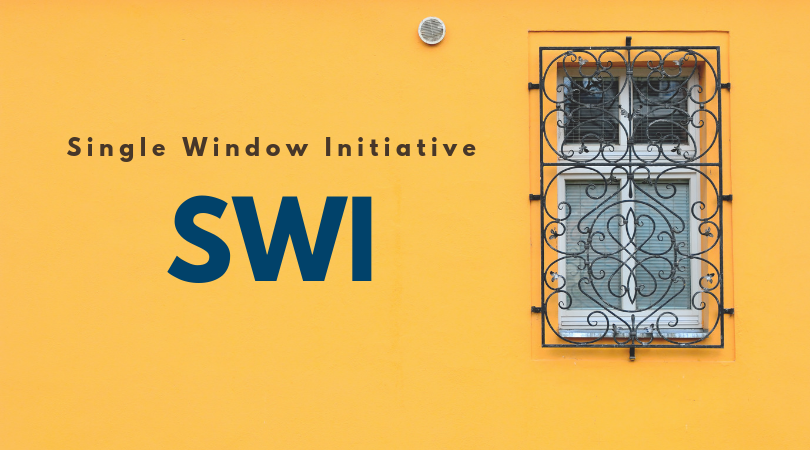We share hands-on advice for everyday trade and logistics challenges. Access insights and actionable strategies that drive certainty, continuity, and compliance across your operations.
Considering nearshoring? Here's what you need to know.

If your supply chain operations have been impacted over the past two and a half years, you may be contemplating shifting your operations to nearshoring. But is this the right step for your company?
Single Window Initiative (SWI) - Survival Guide for Radiation Emitting Devices

The new SWI landscape The Single Window Initiative means several changes for importers:
Reminder: File transfer pricing adjustments early

A reminder to file transfer pricing adjustments as soon as possible after your fiscal year-end.
CBSA Verification Priorities: July 2022

Are your goods on it? The Canada Border Services Agency (CBSA) targets specific industries and products for extra attention at the border to ensure importers are compliant with requirements for tariff classification, product valuation and country of origin.
Freight updates July 14, 2022: latest news and updates on the worldwide supply chain

The worldwide supply chain is constantly changing. Now, two years into the pandemic-related global capacity crunch, high prices, delays, and port congestion persist. These updates will share some of the latest freight news, so we can keep you abreast of the situation.
Is your import business at risk? How to tell (and what to do about it)

What kinds of risks are there? We recently covered the opportunities available for importers. Now it’s time to dig into the potential risks. Risks in import businesses fall into four categories:
3 common knowledge gaps when importing to Canada

Knowledge gap #1: Participating Government Agency (PGA) requirements There are numerous PGAs that regulate goods being imported into Canada. One such PGA, Environment and Climate Change Canada (ECCC), has recently implemented more stringent requirements on the importation of engines for emission standards.
Canada’s trucker shortage: is immigration the answer?

Why is there a truck driver shortage? In Canada, the truck driver shortage has been a fairly long-standing issue. According to recent reports coming out of the Canadian Trucking Alliance, it has been mainly due to the fact that nearly 25% of transport truck drivers are in the 55 – 64 years of age group and getting set.
Single Window Initiative 101

What is SWI again? Single Window Initiative (SWI) is a more efficient way of sharing product data between the government departments that regulate your products. There are nine government departments that enforce 38 different regulatory programs.
6 Ways to Prepare Your Business for the Chinese New Year

Chinese New Year, a major holiday for over a billion people, affects every international supply chain. In previous years, importers started their planning process in May or June in advance of the January holiday. But with shortages and delays in the logistics industry worldwide amplified since COVID, companies can't.
